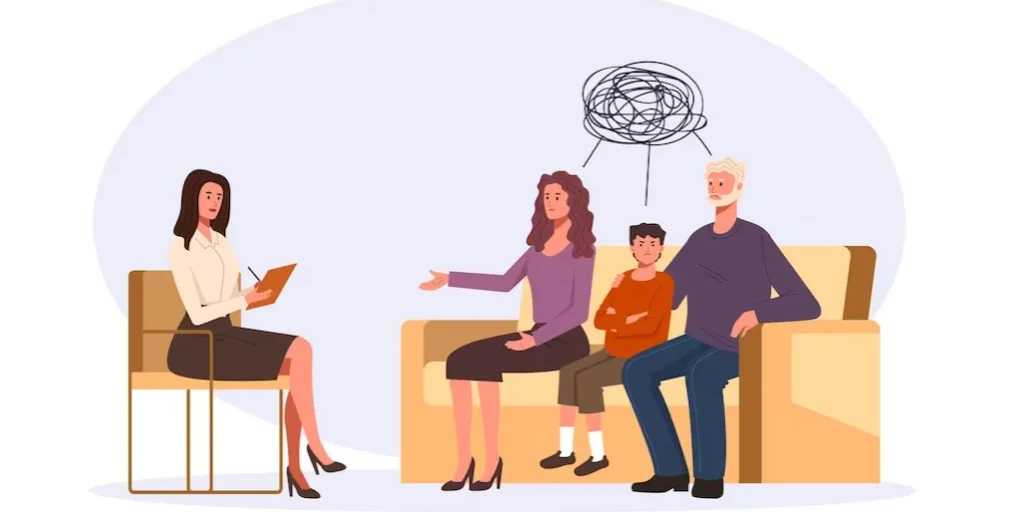24/7 Helpline:
(866) 899-111424/7 Helpline:
(866) 899-1114
Learn more about Klonopin Rehab centers in Kettle Falls
Klonopin Rehab in Other Cities

Other Insurance Options

Magellan Health

PHCS Network

EmblemHealth

CareSource

Cigna

Ceridian

BlueCross

MHNNet Behavioral Health

Optum

UnitedHealth Group

CareFirst
Beacon

Aetna

Medical Mutual of Ohio

Coventry Health Care

ComPsych

Sutter

Excellus

WellCare Health Plans

Choice Care Network



NorthEast Washington Alliance Counseling Services
NorthEast Washington Alliance Counseling Services - Hawthorne Avenue is a diagnostic and treatment c...


























































































































































































































Crisis Intervention Counseling
Crisis Intervention Counseling is a private rehab located in Colville, Washington. Crisis Interventi...

AA – Alcoholics Anonymous
AA – Alcoholics Anonymous is a non-profit rehab located in Colville, Washington. AA – Alcoholics Ano...

Spokane Tribe Behavior Health Agency
Spokane Tribe Behavior Health Agency is a public rehab located in Wellpinit, Washington. Spokane Tri...

Northeast Washington Counseling Service
Northeast Washington Counseling Service is a public rehab located in Chewelah, Washington. Northeast...




























































